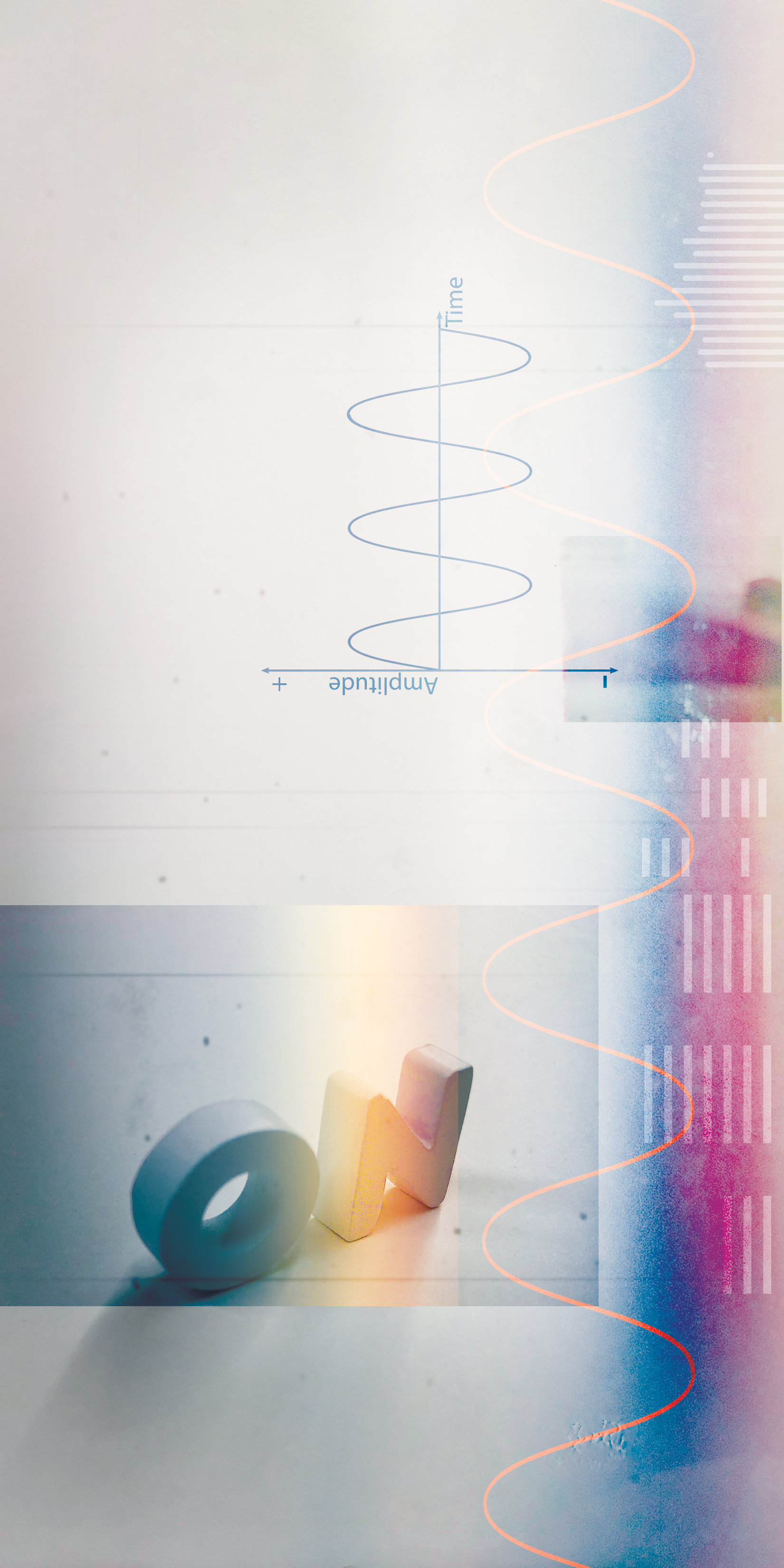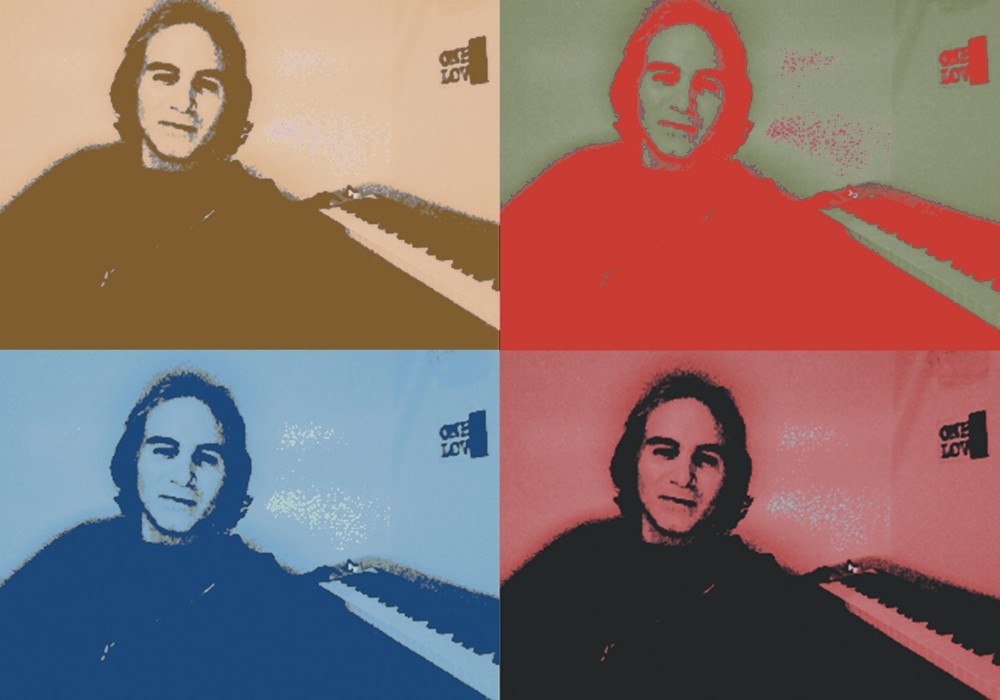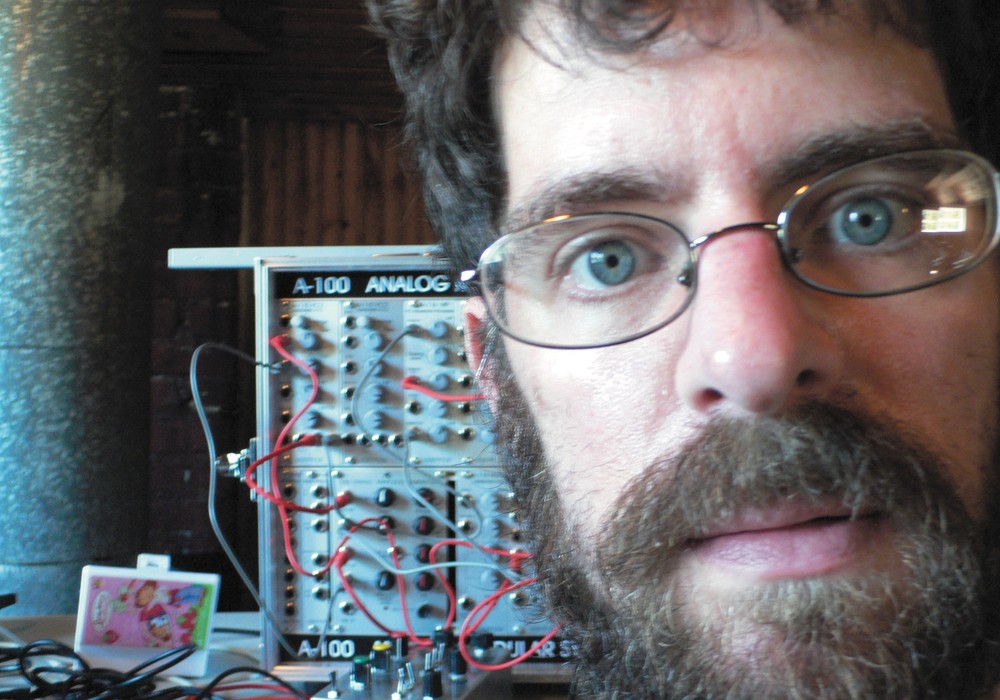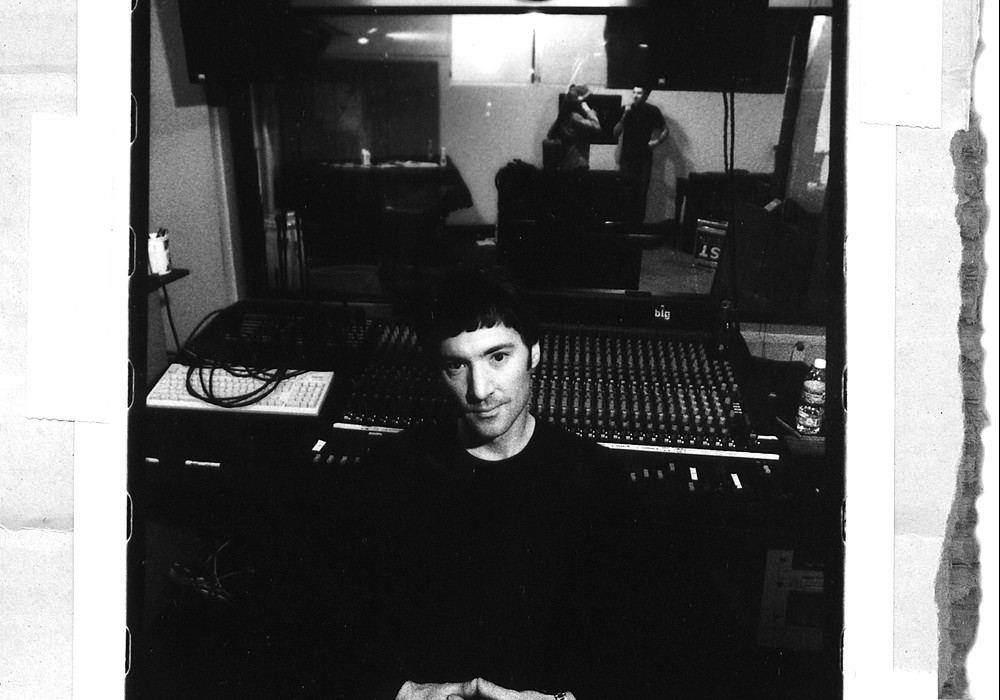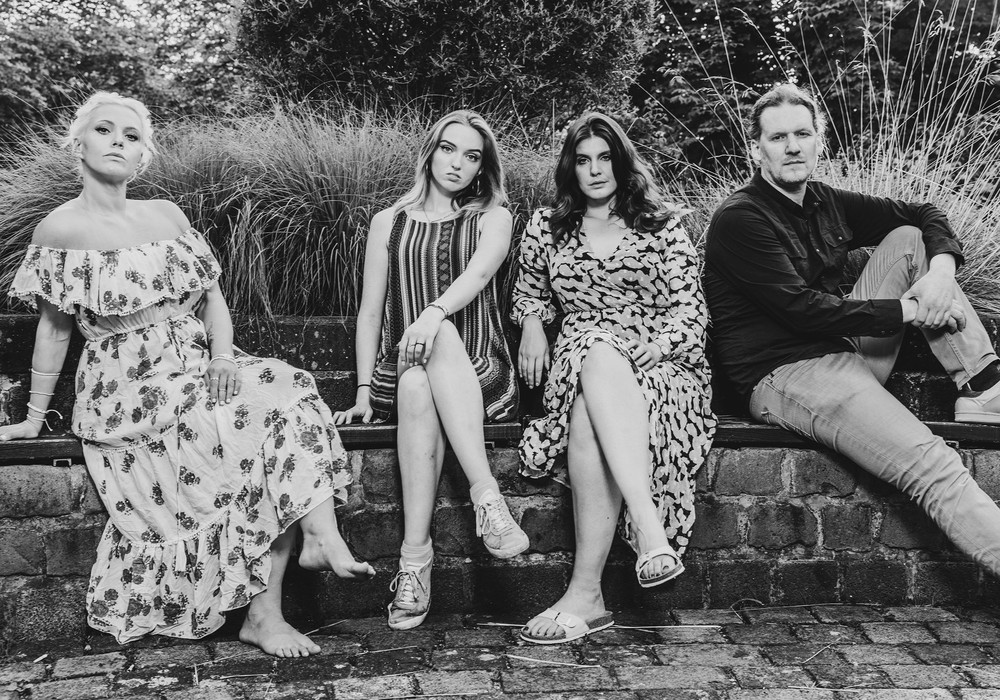Now based in New Orleans but raised in the Bronx, Alynda Segarra of Hurray for the Riff Raff has crisscrossed the continental United States countless times since the age of 17 – they even spent two years in a hobo band, Dead Man Street Orchestra, touring by freight train. And they’re no stranger to the various ways in which artists have to navigate the independent music world: self-releasing records, inhabiting the production space, even founding their own label, Born to Win Records, in 2012. On their latest album, The Past is Still Alive, produced by Brad Cook [Tape Op #156], who also produced 2022’s “nature punk” opus Life on Earth, they mine the American landscape, as well as their personal backstory, for inspiration. There’s so much to Segarra’s artistry – from their songwriting process and approach to arrangement to their more experimental impulse to make a field recording of a richly ornamented tree.
The Past is Still Alive strikes me as a historical and geographical album.
It's me looking back on my experience of living, being a human. I feel Life on Earth, the record I made right before this one, was also reflective, but it was very “big picture” and about my relationship to nature. I spend a lot of time looking outside of myself in my writing. And this was me grappling with memory. My memory isn't bad, I'm learning, but it's different [from] my friends. I have a hard time remembering geographic locations. I'll ask, "Where were we? What year was it?" So, it was me trying to pin down my life, and pin down fleeting memories and moments of time that I didn't want to lose. I felt they were slipping through my fingers or something. I started to go in and exercise my memory and think, "Well, even if this is fleeting, I can stick it in there." It changed my writing style: it's a lot more of little "clippets." I ended up really liking how that sounds.
It feels personal and humanist. There are some powerfully compassionate lines in there – in "Alibi," especially. It's such a call to live. That's a recurring theme throughout the tracks on the album of an encouraging message to keep fighting and to embrace life.
My dad passed away unexpectedly a month before recording this. Suddenly, everything was about him. I think that's what it is: We might not have all the answers, but living is a worthy thing to fight for. That started to feel so much more powerful after my dad's passing, [after] being struck with death and its reality.
It feels oriented toward the individual but also the collective. A summoning of folks who don't feel like they have worth, or anyone who's teetering on the edge.
Brad [Cook and I] had a conversation about [the song] "Snake Plant [(The Past is Still Alive)]," where I sang, "There's a war on our people, what don't you understand?" Brad asked, “What about, 'There's a war on the people, because it's not just our people.’" It struck me, and it's made me think about how much self-harm and self-hatred harms other people. Learning how to love myself makes me a less harmful person. It's okay to change and to go through the process of being brought to a humble place.
How has your relationship to making music changed as you've evolved and claimed new parts of yourself?
I was thinking about this this morning, actually. I'm so excited to write songs for me now. I used to want to prove things to people, the outside view at large. [Now] I'm at a place where I'm excited to go further and further inward. I didn't consider my inward journey [to be] of note, even though that's what I love about songwriters. And I love grappling with bigger macro issues, too, but I'm excited about the vulnerability and the discovery that will happen writing for myself. Also, you'll notice on this album I wrote some songs that don't have choruses. That's another thing I'm excited about; to give myself free rein and see where I end up.
Writing choruses is so hammered into us. It can be freeing to allow yourself to do what's not necessarily going to be seen as marketable or popular.
On this record, "Colossus [of Roads]" is a song that I'm most proud of, and I feel like it was because I freed myself of any restraints with it.
Percussion is such a character on this album.
Totally.
There's even a line in "Buffalo" where you "bought a drum from a man who cried."
My lyricism on this record is funny to me, because it's plainly descriptive of what happened. The guy really cried. [laughs] He sold us a drum. The drummer [on the album] is my drummer on tour, Yan Westerlund. But I play the shakers on the album, so I have to take credit for that.
Heck yeah, you do! What was your decision-making on the instrumentation for this album?
We kept it extremely simple. Brad [and I] talked...
